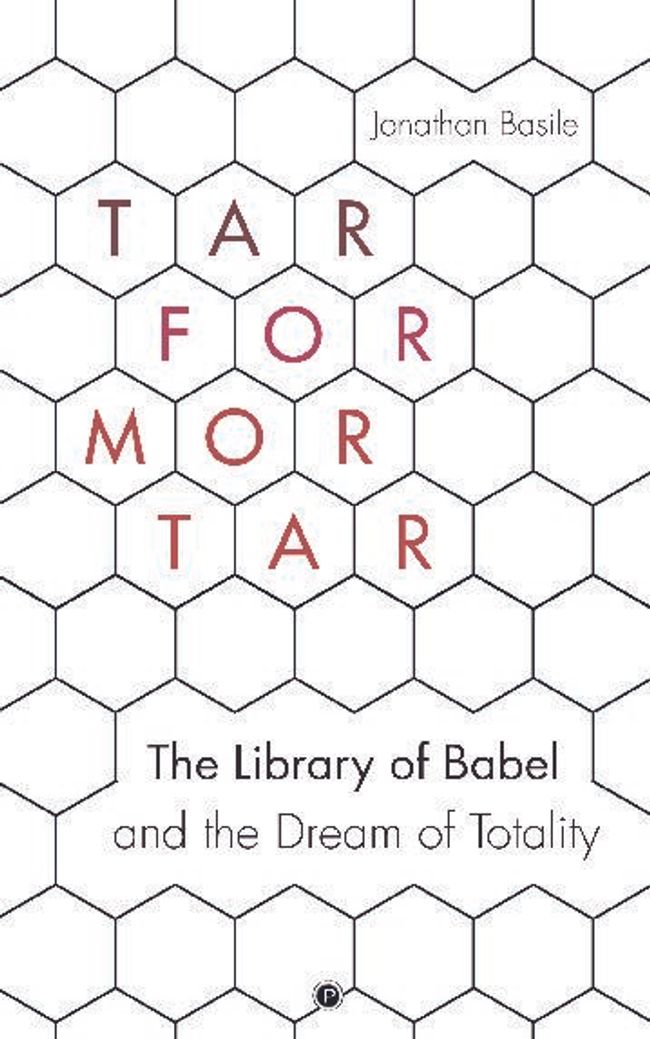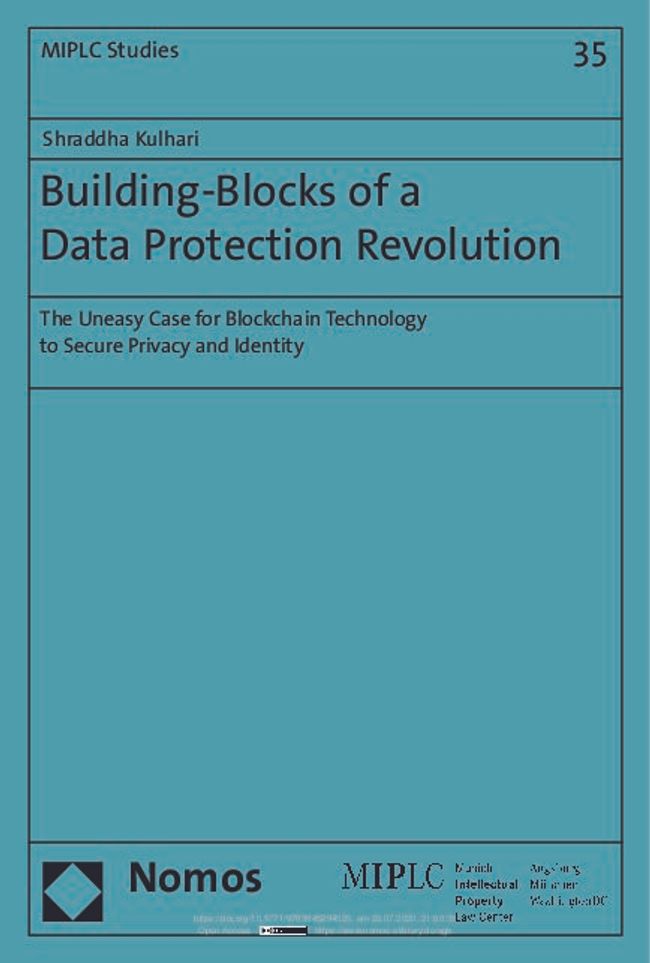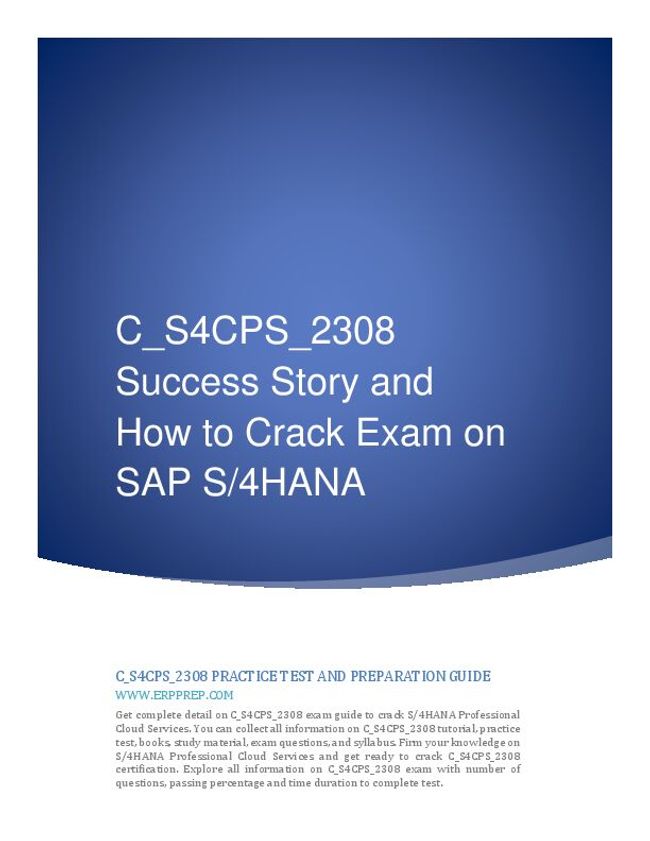Risultati di ricerca (199,604)
Tar for Mortar
CC BY-NC-SA
Tar for Mortar offers an in-depth exploration of one of literatures greatest tricksters, Jorge Luis Borges. His short story The Library of Babel is a signature examplar of this playfulness, though not merely for the inverted world it imagines, where a library thought to contain all possible permutations of all letters and words and books is plumbed by pious librarians looking for divinely pre-fabricated truths. One must grapple as well with the irony of Borgess narration, which undermines at every turn its narrators claims of the librarys universality, including the very possibility of exhausting meaning through combinatory processing. Borges directed readers to his non-fiction to discover the true author of the idea of the universal library. But his supposedly historical essays are notoriously riddled with false references and self-contradictions. Whether in truth or in fiction, Borges never reaches a stable conclusion about the atomic premises of the universal library is it possible to find a character set capable of expressing all possible meaning, or do these letters, like his stories and essays, divide from themselves in a restless incompletion? While many readers of Borges see him as presaging our digital technologies, they often give too much credit to our inventions in doing so. Those who elide the necessary incompletion of the Library of Babel compare it to the Internet on the assumption that both are total archives of all possible thought and expression. Though Borgess imaginings lend themselves to digital creativity (libraryofbabel.info is certainly evidence of this), they do so by showing the necessary incompleteness of every totalizing project, no matter how technologically refined. Ultimately, Basile nudges readers toward the idea that a fictional/imaginary exposition can hold a certain power over technology. ABOUT THE AUTHOR Jonathan Basile is pursuing a PhD in Emory Universitys Comparative Literature program, and is also the creator of an online universal library, libraryofbabel.info. His non-fiction has been published in The Paris Review Daily, Guernica, and Electric Literature, and his fiction has been published in minor literature[s] and Litro. It goes without saying that his work is also available in the Library of Babel, if you know where to look.

Building-Blocks of a Data Protection Revolution
CC BY
The General Data Protection Regulation (GDPR) replaced the old and battered Data Protection Directive on 25 May 2018 after a long-drawn reform. The rapidly evolving technological landscape will test the ability of the GDPR to effectively achieve the goals of protecting personal data and the free movement of data. This book proposes a technological supplement to achieve the goal of data protection as enshrined in the GDPR. The proposal comes in the form of digital identity management platforms built on blockchain technology. However, the very structure of blockchain poses some significant challenges in terms of compatibility with the GDPR. Accordingly, the claim of GDPR being a technologically neutral legislation is examined. The compatibility of a blockchain-based solution is scrutinised on the parameters of data protection principles like accountability, data minimisation, control and data protection by design in conjunction with the right to be forgotten and right to data portability.Die Datenschutz-Grundverordnung (DSGVO) hat am 25. Mai 2018 nach einem langwierigen Regulierungsprozess die ausgediente Datenschutz-Richtlinie ersetzt. Die schnell wachsende Technologielandschaft wird die Fähigkeit der DSGVO, persönliche Daten und den freien Datenverkehr zu schützen, auf die Probe stellen. Dieses Werk schlägt eine technologische Ergänzung vor, um das in der DSGV festgehaltene Ziel des Datenschutzes zu realisieren. Es handelt sich um digitale Identitätsmanagement-Plattformen auf der Grundlage von Blockchain-Technologie. Die Struktur der Blockchain stellt jedoch einige Herausforderungen mit Bezug auf die Vereinbarkeit mit der DSGVO. Dementsprechend wird auch der Anspruch der DSGVO als neutrale Rechtsvorschrift auf die Probe gestellt. Die Vereinbarkeit einer Blockchain-basierten Lösung wird auf der Grundlage von Datenschutz-Prinzipien wie der Rechenschaftspflicht, der Datenminimierung, Kontrolle und eingebautem Datenschutz in Verbindung mit dem Recht auf Vergessenwerden und auf Datenübertragbarkeit untersucht.

C_S4CPS_2308 Success Story and How to Crack Exam on SAP S/4HANA
www.erpprep.com
Start Here--- https://bit.ly/3QVcjwX ---Get complete detail on C_S4CPS_2308 exam guide to crack S/4HANA Professional Cloud Services . You can collect all information on C_S4CPS_2308 tutorial, practice test, books, study material, exam questions, and syllabus. Firm your knowledge on S/4HANA Professional Cloud Services and get ready to crack C_S4CPS_2308 certification. Explore all information on C_S4CPS_2308 exam with number of questions, passing percentage and time duration to complete test.


